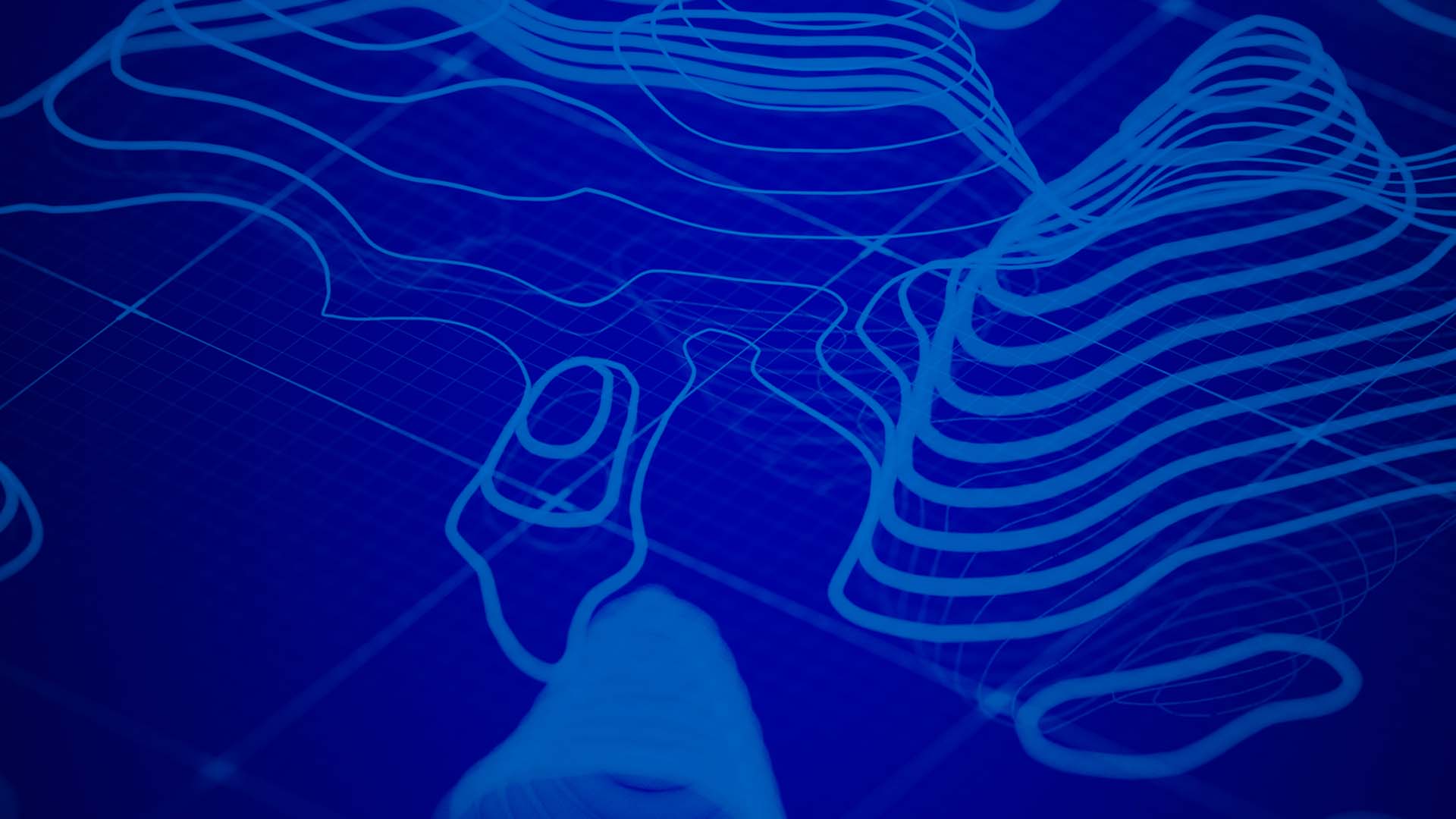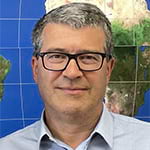The fields of cartography and geoinformation science are becoming more relevant than ever. Without maps, people would be spatially blind. Knowledge about spatial relations and the locations of objects is extremely important for enabling economic development, managing and administering land use, handling disaster and crisis situations, and even simply showing people how to get from one place to another.
Cartography is also becoming more contemporary, thanks to new and innovative technologies. Maps can now be derived automatically from geodata acquisition methods such as laser scanning, remote sensing, and sensor networks. Cartographers can also build smart models of geodata, which allows in-depth analysis of structures and patterns. Additionally, maps can now be presented in a range of forms, from maps on mobile phones to augmented reality presentations that let viewers see live, realworld environments with amplified features using computer-generated sensory data.
To probe deeper into these ideas and developments, the International Cartographic Association (ICA) is looking forward to hosting the International Cartographic Conference (ICC) 2015 in Rio de Janeiro, August 23–28. There will be high-profile keynote speakers; exciting technical sessions; cartographic and technical exhibitions; a children’s map competition; a Brazilian side program—including a soccer game at Rio de Janeiro’s famed Maracanã Stadium—and, of course, the opportunity to be where the people and ideas of modern cartography are converging.
With a wealth of rich topics on offer, the International Cartographic Conference will give attendees the opportunity to learn about the newest developments, results, ideas, and products of modern cartography. Some sessions will cover practical issues such as cartography for sustainable development, while others will be more conceptual and classic, focusing on cartographic theory or topographical mapping. Still others will be technical, bringing attention to subjects such as GIS cloud computing, locationbased services, and 3D and 4D cartography.
ICC 2015 will bring together an array of cartography and geoinformation researchers and practitioners from around the world to reflect on the relevance, attractiveness, and contemporaneity of maps and cartography.
To enhance the list of attendees, I would like to cordially invite all of you to join the global family of cartography and GIScience by participating in the International Cartographic Conference 2015 in Rio de Janeiro. For more information, visit icc2015.org.

